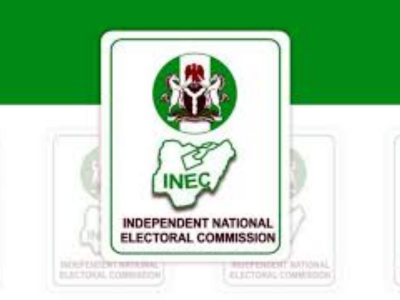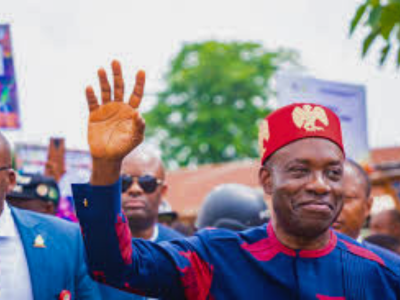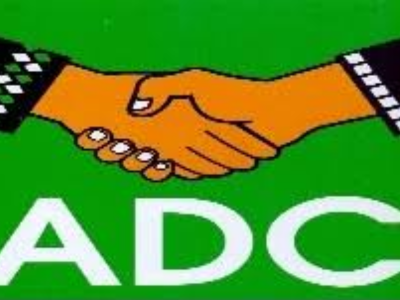Abbas Denies Condemning Nigeria's Borrowing, Stresses Oversight Role
- by Admin.
- Sep 08, 2025

Credit: Freepik
The Speaker of Nigeria's House of Representatives, Tajudeen Abbas, has rejected claims that he opposed government borrowing, clarifying that his recent comments focused on the need for stricter oversight and prudent debt management to ensure funds deliver real benefits to citizens.
Abbas made the remarks during a speech at the 11th Annual Conference and General Assembly of the West Africa Association of Public Accounts Committees in Abuja on September 8, 2025, where he was represented by lawmaker Babatunde Salam.
He highlighted Nigeria's public debt reaching N149.39 trillion—about $97 billion—as of the first quarter of 2025, up sharply from N121.7 trillion the year before, with the debt-to-GDP ratio climbing to around 52 percent, exceeding the 40 percent legal limit. "This is not just a budgetary concern but a structural crisis that demands urgent parliamentary attention and coordinated reform," Abbas said, urging that loans target infrastructure, education, health, and job-creating sectors while rejecting "reckless debt driven by consumption or corruption."
Media reports initially portrayed his words as a direct condemnation of borrowing, sparking debate amid Nigeria's ongoing fiscal challenges, but hours later, Abbas's Special Adviser on New Media, Jowosimi Enitan, issued a statement calling the interpretations "misrepresented" and accusing "mischief-makers" of twisting the message.
"Speaker Abbas never condemned borrowing. Public debt, if managed prudently, can be a tool for growth and prosperity," Enitan emphasized, noting the legislature's duty to verify that "every naira borrowed delivers tangible value" like roads, schools, and hospitals.
Enitan pointed to President Bola Tinubu's administration as evidence of progress, stating Nigeria met its 2025 revenue target of N18.32 trillion by August—driven largely by non-oil sources—without new loans for the first time in decades.
This achievement, he said, underscores "discipline, focus, and courage" in reducing external dependencies and bolstering economic sovereignty. Tinubu himself echoed this on September 2, declaring the economy "stabilised" and no longer reliant on borrowing, thanks to reforms expanding non-oil revenues amid falling global oil prices.
Nigeria's debt situation remains a hot topic, with external obligations at N70.63 trillion ($46 billion) and domestic at N78.76 trillion as of March 2025, per the Debt Management Office. The rise stems from new borrowings and naira depreciation, pushing up the cost of dollar-denominated repayments.
While the 52 percent debt-to-GDP ratio signals strain—higher than the government's 40 percent cap but below the IMF's 55 percent distress threshold—recent GDP rebasing to N379.17 trillion has eased it to about 39.4 percent, offering some relief.
Abbas proposed a West African Parliamentary Debt Oversight Framework to standardize reporting and scrutiny, alongside public hearings for major loans under the House's Open Parliament policy.
He warned that unchecked debt could squeeze spending on essentials, as seen in other African nations where repayments outpace health or education budgets.













0 Comment(s)